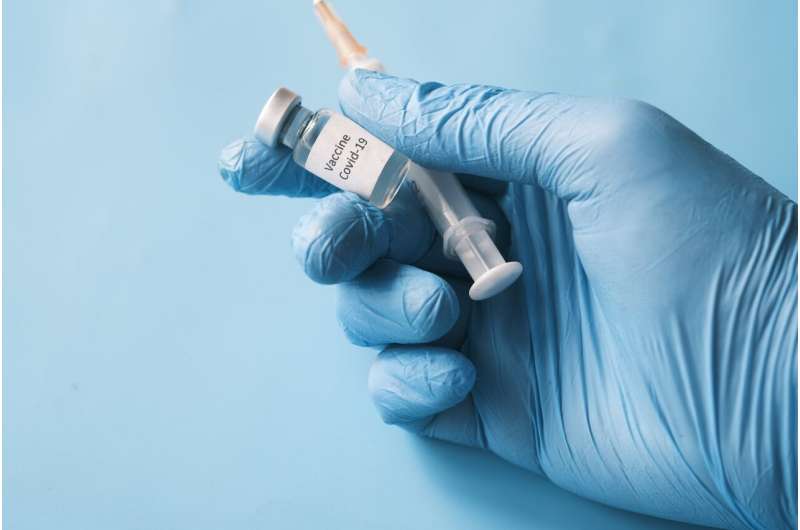A University of Michigan study reveals that COVID-19 vaccination rates in the United States have varied significantly based on partisanship and socioeconomic factors. The research found that Democrats were more likely to get vaccinated than Republicans and Independents, and vaccine uptake was lowest among Black Americans, individuals with incomes below $30,000, and those with a high school education or less. The study also highlights the influence of social media, with early adopters being more exposed to pro-vaccine messaging and nonadopters influenced by anti-vaccine content. These findings underscore the need for tailored public health interventions to address demographic disparities and the impact of online information environments on vaccine behavior. COVID-19 vaccination, Health equity, Misinformation

Partisan Differences and Socioeconomic Disparities in Vaccine Uptake
The University of Michigan study, conducted in partnership with Georgetown University, analyzed COVID-19 vaccination patterns among a nationally representative sample of American adults. The researchers found that Democrats were more likely to get vaccinated faster and at higher percentages compared to Republicans and Independents.
Furthermore, the study revealed significant socioeconomic disparities in vaccine uptake. Vaccine acceptance was lowest among Black Americans, individuals with incomes below $30,000, and those with a high school education or less. These findings highlight the persistent challenges in ensuring equitable access and distribution of the COVID-19 vaccine, particularly among marginalized communities.
The Influence of Online Information Environments on Vaccine Beliefs and Behaviors
The study also shed light on the role of digital platforms in shaping vaccine perceptions. Early adopters of the COVID-19 vaccine demonstrated higher exposure to pro-vaccine messaging on social media, while nonadopters were more influenced by anti-vaccine content. Late adopters, situated between these extremes, were exposed to a mix of both pro- and anti-vaccine messages.
These results underscore the critical need for public health officials to address the spread of COVID-19 misinformation on digital platforms. As Josh Pasek, an ISR researcher and associate professor of communication and media, noted, “These results indicate that individuals’ social media networks are playing a role in shaping vaccination beliefs and later uptake.” Addressing this challenge will be crucial for increasing vaccine acceptance across all population segments.
Tailoring Public Health Interventions for Effective Vaccine Uptake
The study’s findings highlight the importance of tailored public health interventions to address the multifaceted factors influencing COVID-19 vaccine uptake. According to Michael Traugott, a U-M professor emeritus of political science and communication studies, public health officials should leverage social influencers and celebrities in their messaging to advocate for vaccination.
Additionally, the researchers found that personal safety and health concerns were the primary motivations for individuals to get vaccinated, while work requirements and the desire to travel were significantly more critical for late adopters than early adopters. Addressing these diverse motivations and concerns will be crucial for increasing vaccine acceptance across different population segments. As the COVID-19 pandemic continues to evolve, understanding these factors is essential for developing effective public health strategies and promoting vaccine uptake nationwide.
